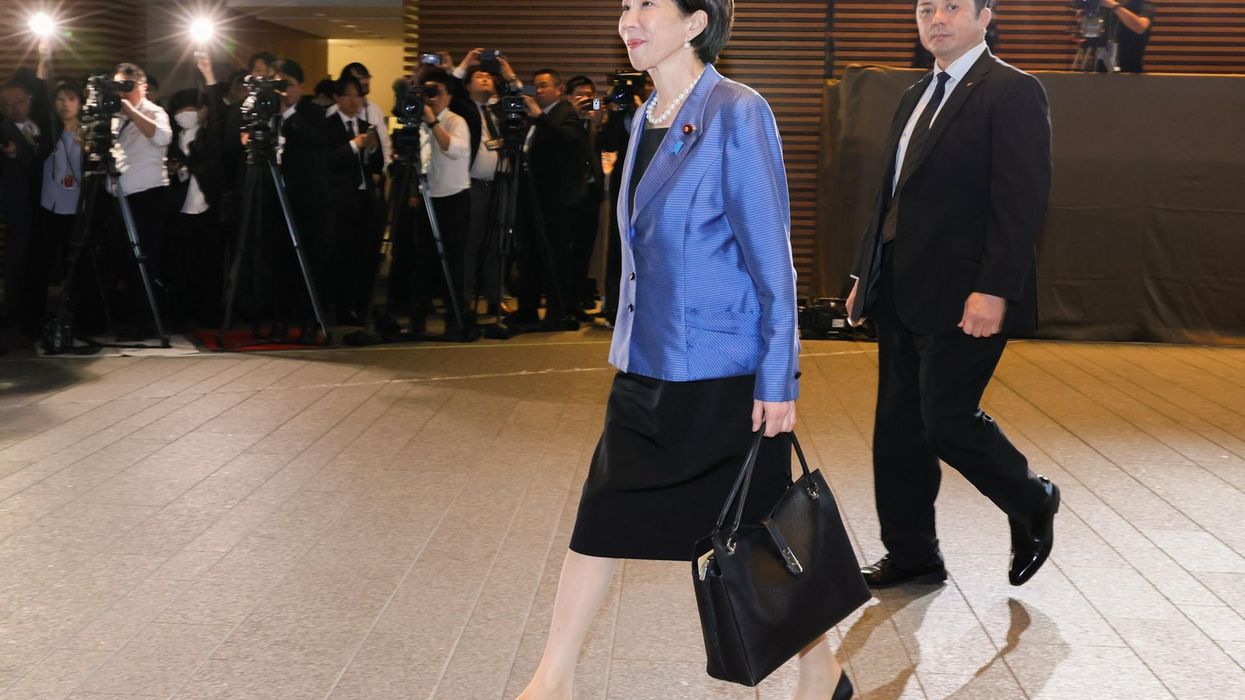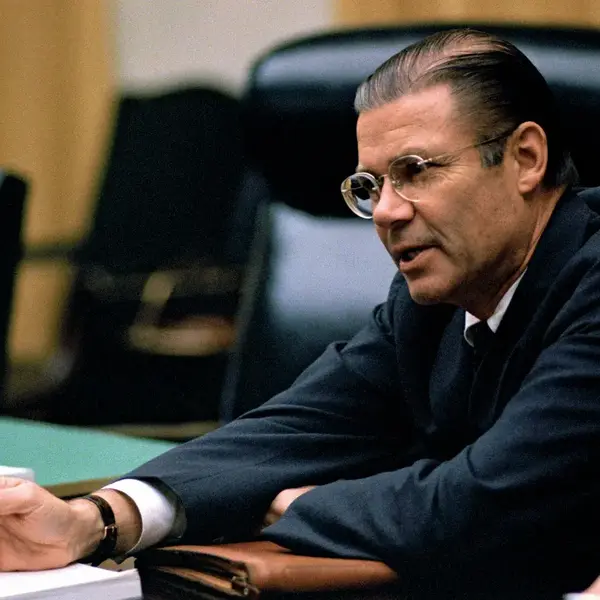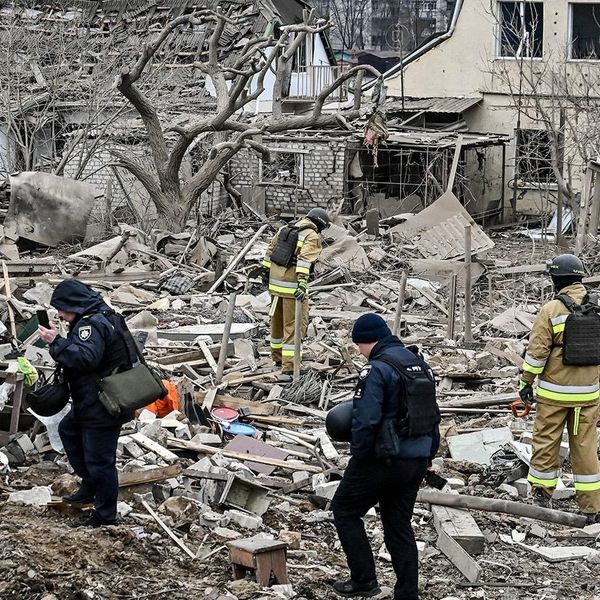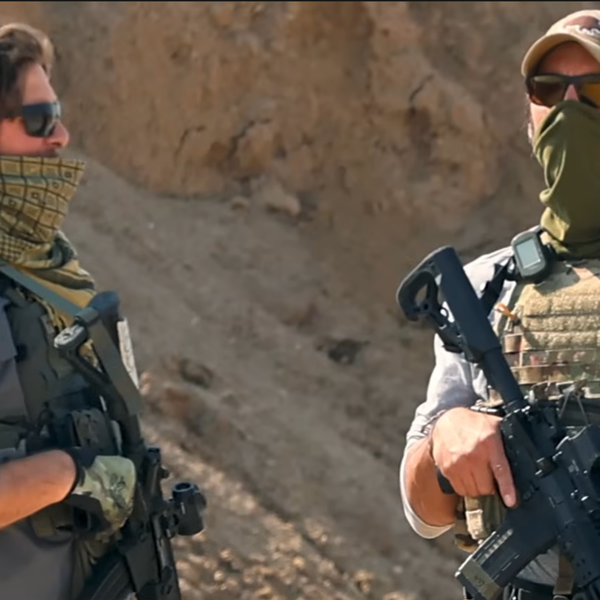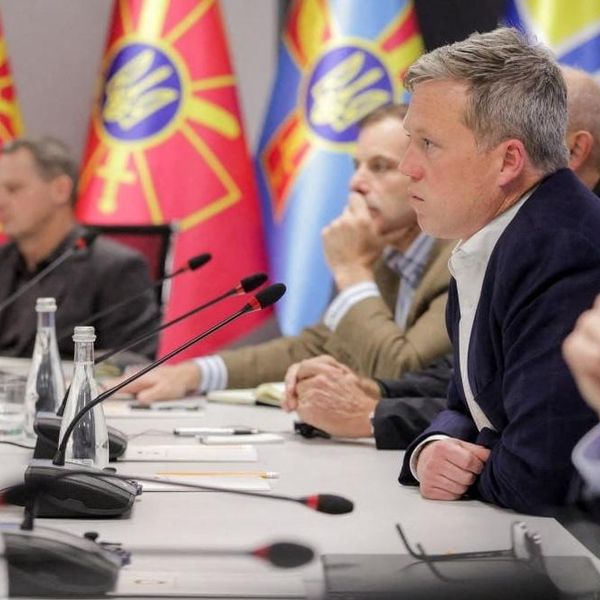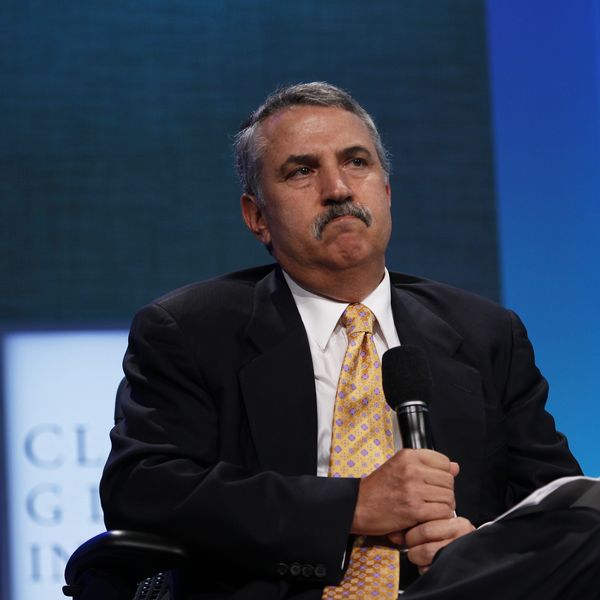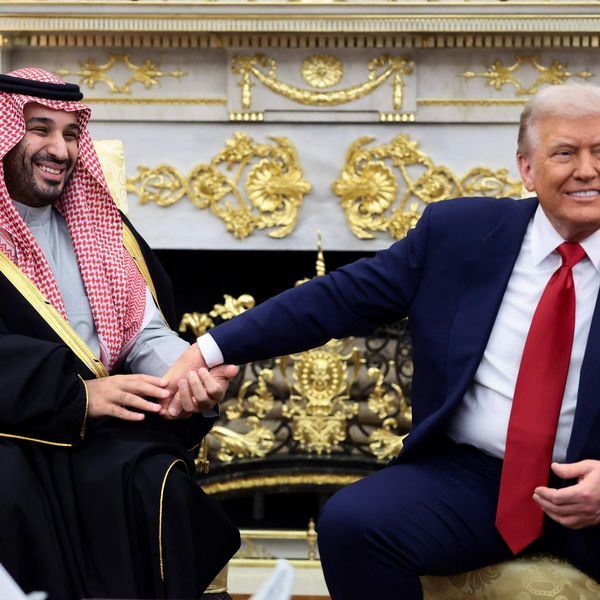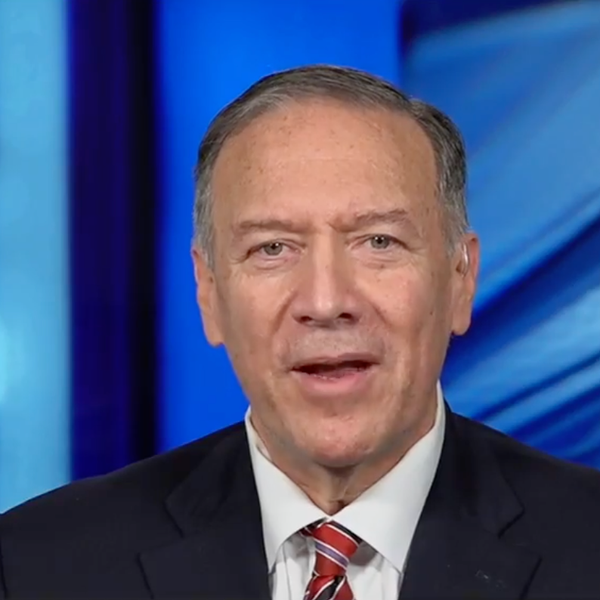A coalition of both conservative and progressive foreign policy organizations have delivered a letter to the White House, asking the president to pursue a broad diplomatic path with the Russians in the much-anticipated U.S.-Russia talks on Monday and in NATO meetings later next week.
The letter, which was signed by the Quincy Institute for Responsible Statecraft, asks the White House to pursue the Minsk agreements which would "demilitarize the eastern Donbas region of Ukraine and guarantee meaningful political autonomy to the region while retaining Ukrainian sovereignty over the area and its borders." QI fellow Anatol Lieven has detailed the agreement and the promise it would hold for peace in the region here.
De-escalation is key, wrote the signing organizations, which also emphasized the need to stop NATO expansion and resist calls to send U.S. troops to defend Ukraine.
We echo the call by over 100 former U.S. officials and leading scholars who stated that, in addition to addressing
urgent security challenges, we must engage in a serious and sustained strategic dialogue with Russia “that addresses the deeper sources of mistrust and hostility” while deterring Russian military aggression. These dialogues must engage with President Putin’s explicit pursuit of “reliable and long-term security guarantees” that would “exclude any further NATO moves eastward and the deployment of weapons systems that threaten us in close vicinity to Russian territory.
Interestingly, reports emerged Friday that suggested that the White House was willing to reduce the number of U.S. troops in Eastern Europe and scale back military exercises in the region — for an equivalent reduction of Russian troops in the area. In an accompanying statement, the White House disputed that Washington was weighing troop cuts.
Read the full letter here.




